WordPress is one of the most popular content management systems (CMS) used by millions of websites around the world. It offers a user-friendly interface, customizable themes, and an extensive range of plugins. However, simply having a WordPress website is not enough to ensure visibility in search engine results. To maximize your website’s search engine optimization (SEO), here are some essential tips to optimize your WordPress website.
Choose a Reliable Hosting Provider
Your website’s loading speed plays a crucial role in SEO. Selecting a reputable hosting provider that offers fast and reliable servers is essential. A slow-loading website not only frustrates visitors but also negatively impacts your search engine rankings.
Optimize Your Permalinks
Permalinks are the URLs that direct users to specific pages on your website. By default, WordPress assigns a permalink structure that includes a combination of numbers and letters. To optimize your permalinks for SEO, go to Settings > Permalinks and select the “Post name” option. This ensures that your URLs are clean, and concise, and include relevant keywords.
Install an SEO Plugin
WordPress offers a variety of SEO plugins that simplify the optimization process. One of the most popular plugins is Yoast SEO. It provides a range of features, including keyword optimization, XML sitemap generation, and content analysis. Install and configure an SEO plugin to enhance your website’s search engine visibility.
Conduct Keyword Research
Keywords are the foundation of SEO. Conduct thorough keyword research to identify the terms and phrases that your target audience is using to search for content related to your website. Tools like Google Keyword Planner and SEMrush can help you find relevant keywords with high search volumes and low competition.
Optimize Your Content
Once you have identified your target keywords, optimize your content accordingly. Ensure that your main keyword appears in the title tag, meta description, headings, and throughout the body of your content. However, avoid keyword stuffing, as it can lead to penalties from search engines. Instead, focus on creating high-quality, informative, and engaging content that naturally incorporates your keywords.
Optimize Your Images
Images are an integral part of any website, but they can also slow down your website’s loading speed if not optimized properly. Compress your images to reduce their file size without compromising on quality. Additionally, use descriptive file names and alt tags that include relevant keywords.

